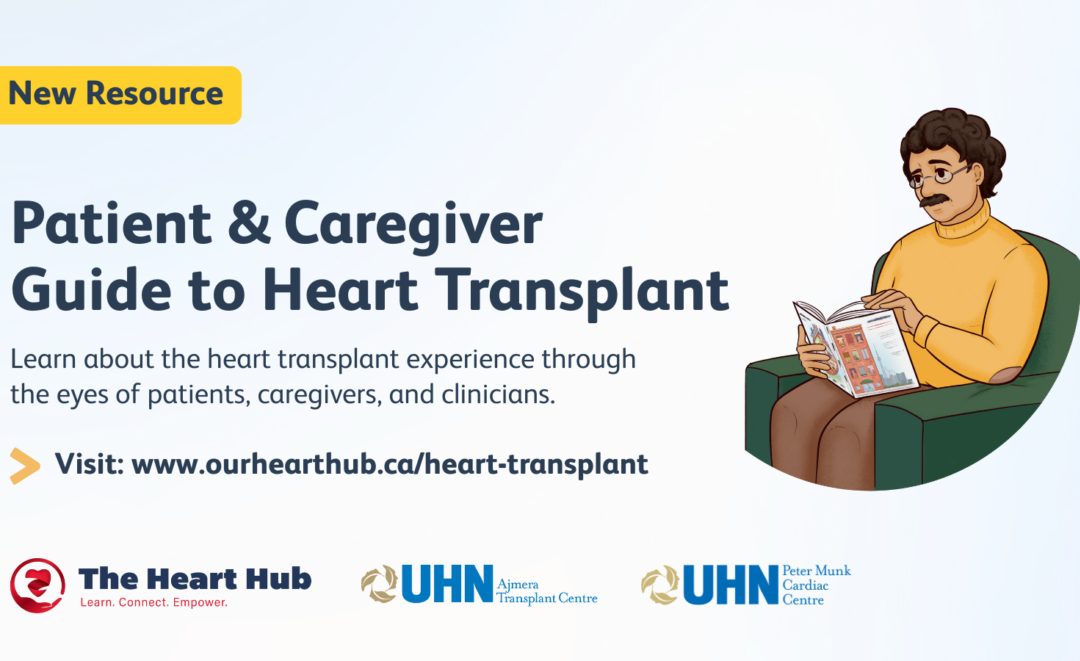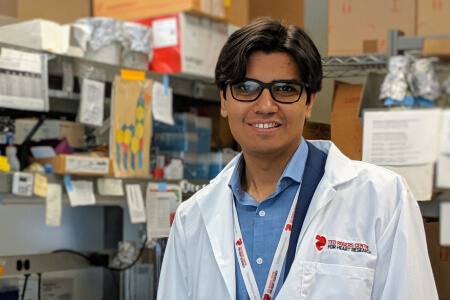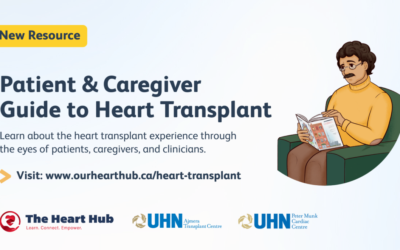Inside expecting mothers, blood flow changes dramatically. While perfectly natural, what does this added stress mean for women with pre-existing heart conditions – and the unborn babies inside them?
Answers are being scouted now at The Hospital for Sick Children, propelled by advances in the management of heart disease that has permitted such women to reach child-bearing years. It is a more prevalent issue now than ever before.
Ioana Stochitoiu is an undergraduate student from McMaster University who received an Education Fund award from the Ted Rogers Centre for Heart Research to help study this issue.
“Heart failure is one of the most common complications in pregnant women who have heart conditions,” Stochitoiu said. “Many drugs for heart failure can’t be used because it could harm the baby. A goal for this project is how to inform management of the condition while pregnant, and how to identify those women at high risk of serious complications.”
At SickKids’ fetal cardiology unit, supervised by Dr. Mike Seed, researchers study women in their third trimester. To help put values to the heart’s increased pumping ability, they are testing cardiac function and structural changes in expecting mothers. They hope to pin down the cardiac output per minute in these women, which would help spot underperforming hearts.
They use the same diagnostic techniques on the fetus, which is more challenging with smaller blood vessels – and because babies in the womb tend not to stay still. They look at the brain weight, the body weight, the amount of flow in the vessels. “It can be common for a baby to have an underlying condition if the mom does,” Stochitoiu said. “Using MRI, we are hoping to obtain reference ranges that will show us any problems earlier.”
Many heart conditions don’t present as problems until after birth. At SickKids they scan the fetus closely to spot any potential issues or injuries, particularly to the brain. Is there a specific time the baby should be delivered? What can be done in advance? If newborns require surgery, when is it best to do so?
“Being part of the research community is so interesting and the support from my team is amazing,” said Stochitoiu. “This field is emerging and almost everything we do is revolutionary.”
Collaborators on this project: Rachel Wald, Toronto General Hospital; Mathew Sermer, Mount Sinai
















